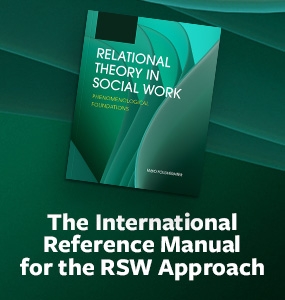Popular culture’s usefulness for social work practitioners’ self-reflections and relationship-based practice
Laura Tarkiainen, Eveliina Heino
In this article, we analyze two group interviews in which 17 Finnish social workers discuss social work–relevant popular culture representations of and popular culture’s usefulness to social work practice. As a result of our thematic content analysis, we identified two themes under which the benefits of popular culture in social work were made sense of by interviewees. First, social work–relevant popular culture representations were described as useful for practitioners’ self-reflections since they can be used to assess different actor’s stand points and reflect practitioners’ own emotions, varying interpretations, assumptions, epistemological standings, and actions. Self-reflection can also help practitioners to identify culturally embedded stereotypes and the expectations people may have for social workers. Second, popular culture materials can be beneficial to informing relationship-based social work practice by building trust among social workers and clients. According to our interviewees, popular culture materials can be used to explore new topics for discussion and help establish common ground with a client. Moreover, social workers can deconstruct social work–related archetypes together with clients as a means of dismantling mistrust towards social work as a profession. These results encourage practitioners to reflect upon social worker representations in popular culture among social workers as well with their clients. The self-reflection upon popular culture materials could also be usefully applied during reflexive discussions held in work communities, in client work and when supervising affective work performed by social workers.
Keywords
Popular culture, representation, self-reflection, relationship-based practice, trust.




